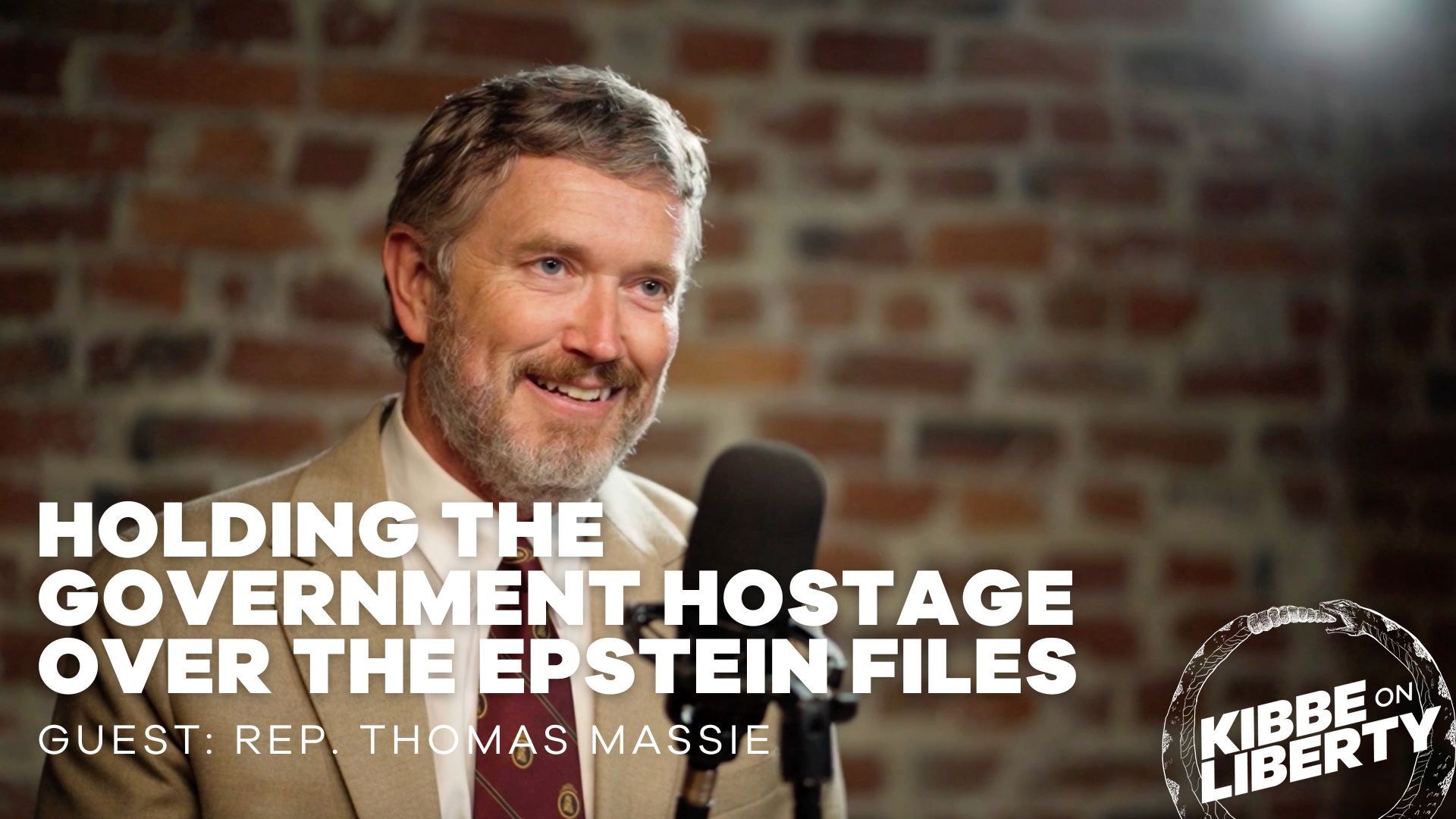
The Threshold for War is Actually Very Simple, Interventionists Just Refuse to Meet It
Over the past few months, foreign policy decisions made by the Trump administration have caused the debate over America’s place in the world to resurface frequently. Some claim that those who take a more sober approach to foreign policy simply refuse to accept the current world that we live in. They seem to believe that those who wish to restrain America’s presence throughout the world will simply never approve of any military action, regardless of the circumstances. This couldn’t be further from the truth.
The truth is that non-interventionists, and primarily libertarians, have the most consistent and simple threshold for entering into a new conflict. Most modern military actions just don’t meet the criteria. Obviously, every situation must be evaluated independently, as extreme circumstances do occasionally happen. However, most justifiable warfare can at least meet these four basic requirements.
1. Is it vital to national defense?
This should be self evident, but, far too often, military action is taken that does nothing to boost American national security. Take, for instance, America’s relationship with Saudi Arabia under the Trump administration. During an interview with Laura Ingraham in January, President Trump suggested that he’s “sending more [troops] to Saudi Arabia, and Saudi Arabia is paying us for it.” While this statement appears to be an exaggeration, it remains to illustrate the president’s misunderstanding of the purpose of the U.S. military.
U.S. Troops shouldn’t function as a group of national mercenaries, but that’s what it has been reduced to. It’s safe to say that’s not what those who sign up for the military think they’re getting into. Sure, they know the risk associated with their profession, but it’s unacceptable to put their lives on the line for any purpose other than the protection of American security.
2. Is it constitutional?
If troops are going to be sent to a nation on the other side of the world, they deserve to have the subject of the conflict debated and voted on in the halls of Congress. Not only is it the right thing to do, it’s constitutionally required. Congress alone has the authority to declare war. While the president possesses a certain amount of authority to respond to any imminent attacks in order to protect American citizens and military personnel, Congress must give its approval for much of anything beyond that. There hasn’t been a Congressionally-declared war since World War II.
Many of the conflicts since then have been permitted under an Authorization of Use of Military Force (AUMF), but even this has become a relic of the past. The 2001 AUMF used to retaliate after the attacks on 9/11 was a joint resolution passed into law on September 18, 2001. But since then, it has been the justification for the overwhelming majority of military interventions in the 2010s. If President Bush, of all people, went through at least some type of formal process to go to war after 9/11, of all times, there’s no excuse for not doing so now.
3. Is there a metric for success?
Understandably, not all wars are equal, and there isn’t a “one-size-fits-all” answer to how to win every conflict that arises. This isn’t to say that there should be a specific timeline or expiration date on how long we need to be at war and when we need to leave. But there should be, without question, a strategy for success. The recently released Afghanistan Papers reveal that there was no true strategy with that war. For years, we have been aimlessly fighting without any idea how to declare victory and come home. That’s an embarrassment to the American public and military personnel. Troops risking their lives deserve to know what success in Afghanistan looks like. Families who have lost loved ones due to the war deserve to know what they died for and if it was worth it. Taxpayers deserve to know whether their money is being wasted or put to good use. Our policy in Afghanistan hasn’t given a favorable response to any of those points.
And although the Trump administration recently struck a peace deal with the Taliban, it leaves a lot of room for error. And even with the U.S. military’s announcement last week that we’ve begun withdrawing troops, it’s still a delicate, tense situation.
4. Is it truly a last resort?
Even if there is a situation that can meet the threshold on the prior three points, if there still remains an open pathway to peace through diplomacy, it must be taken. Every war costs tax dollars, the lives of military personnel and the lives of innocent civilians. If any of that can be avoided through peaceful measures, those in a position of authority owe it to everyone it could affect to pursue that option.
Obviously, the world is an uncertain place, and certain extreme circumstances can happen. Yet the history of the past 100 years has taught us that we must meet all four points of this simple, yet important threshold. When we intervene without doing so, it only worsens the foreign policy nightmare we find ourselves in today.
Free the People publishes opinion-based articles from contributing writers. The opinions and ideas expressed do not always reflect the opinions and ideas that Free the People endorses. We believe in free speech, and in providing a platform for open dialogue. Feel free to leave a comment.



